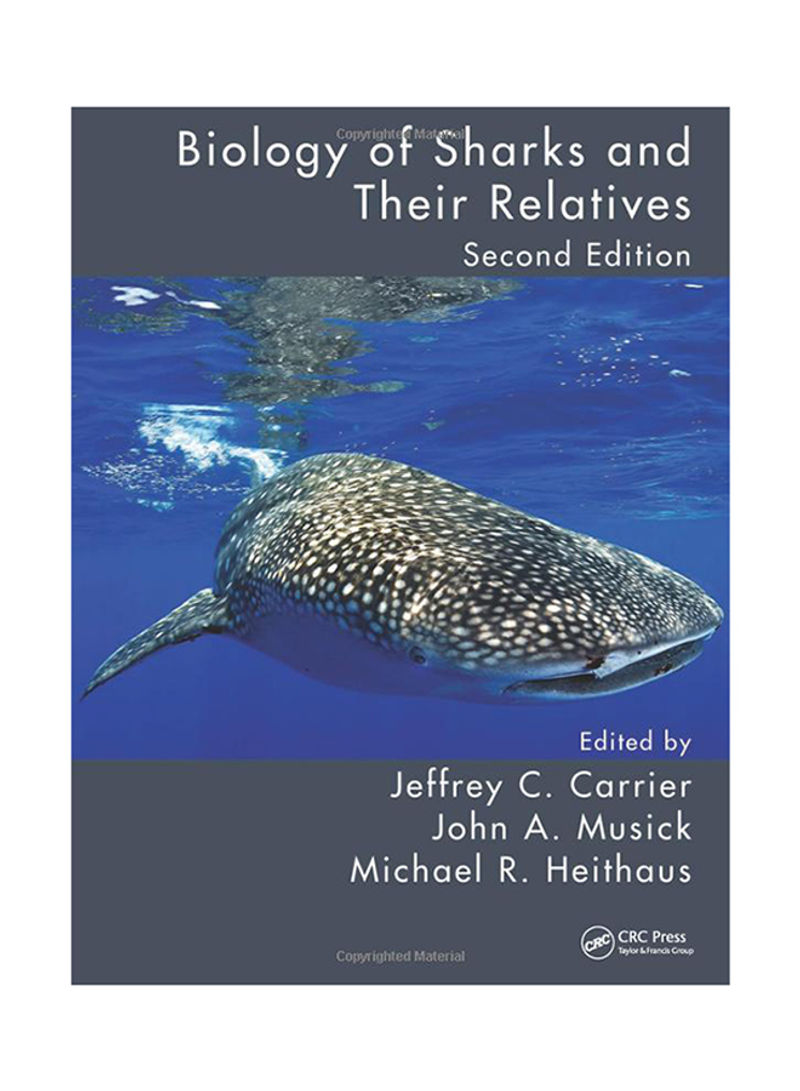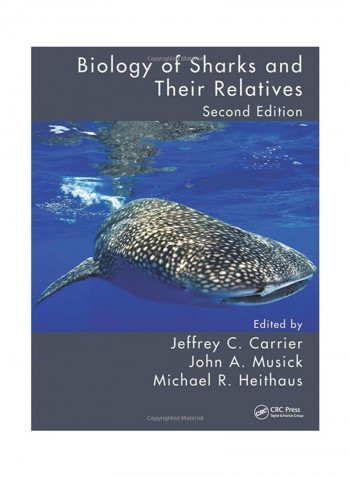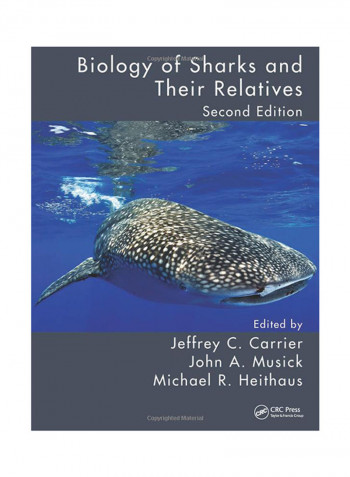Biology Of Sharks And Their Relatives Hardcover 2
Recommend
Sort by
Rating
Date
Specifications
Book Description
Virtually every area of research associated with sharks and their relatives has been strongly impacted by the revolutionary growth in technology. The questions we can now ask are very different than those reported even two decades ago. Modern immunological and genetic techniques, satellite telemetry and archival tagging, modern phylogenetic analysis, GIS, and bomb dating, are just a few of the techniques and procedures that have become a part of our investigative lexicon.A modern synthesis of the biology of Chondrichthyans, Biology of Sharks and Their Relatives, Second Edition discusses significant advances in the development and application of new molecular techniques to the understanding of the phylogenetic relationships among and between these groups. The book considers the effect of global changes on the status of sharks and their relatives, and how advances in technology and analytical techniques have changed not only how we approach problem solving and scientific investigations, but how we formulate questions. The book also introduces applications of new and novel laboratory devices, techniques, and field instruments.This second edition of the award winning and groundbreaking original exploration of the fundamental elements of the taxonomy, systematics, physiology, and ecology of sharks, skates, rays, and chimera, presents cohesive and integrated coverage of key topics and discusses technological advances used in modern shark research. Offering a well-rounded picture for students and researchers, and far above competitors in scope and research, this new volume holds a wealth of data on the current status of Chondrichthyan research and provides the basis and springboard for original research.
ISBN-10
1439839247
ISBN-13
9.78144E+12
Language
English
Publisher
Taylor And Francis Inc
Publication Date
5/16/2012
Number of Pages
666
About the Author
Jeffrey C. Carrier, Ph.D. is Professor Emeritus of Biology at Albion College (MI) where he was a faculty member from 1979 to 2010. He earned a B.S. in Biology in 1970 from the University of Miami and completed a Ph.D. in Biology from the University of Miami in 1974. While at Albion College, Dr. Carrier received multiple awards for teaching and scholarship and held the A. Merton Chickering and W.W. Diehl Endowed Professorships in Biology. His primary research interests center on various aspects of the physiology and ecology of nurse sharks in the Florida Keys. His most recent work investigated the reproductive biology and mating behaviors of this species in a long-term study from an isolated region of the Florida Keys.Dr. Carrier has been a member of the American Elasmobranch Society, the American Society of Ichthyologists and Herpetologists, Sigma Xi, the Society for Animal Behavior, and the Council on Undergraduate Research. He served as Secretary, Editor, and President of the American Elasmobranch Society and received multiple distinguished service awards from the society. He holds an appointment as an Adjunct Research Scientist with Mote Marine Laboratory's Center for Shark Research.John A. (Jack) Musick, Ph.D. is the Marshall Acuff Professor Emeritus in Marine Science at the Virginia Institute of Marine Science (VIMS), College of William and Mary, where he has served on the faculty since 1967. He earned his B.A. in Biology from Rutgers University in 1962 and his M.A. and Ph.D. in Biology from Harvard University in 1964 and 1969, respectively. While at VIMS he has successfully mentored 37 masters and 49 Ph.D. students. Dr. Musick has been awarded the Thomas Ashley Graves Award for Sustained Excellence in Teaching from the College of William and Mary, the Outstanding Faculty Award from the State Council on Higher Education in Virginia, and the Excellence in Fisheries Education Award by the American Fisheries Society. In 2008 Dr. Musick was awarded The Lifetime Achievement Award in Science by the State of Virginia.
Editor 1
John A. Musick
Edition Number
2
Editor 2
Michael R. Heithaus
Editorial Review
This publication will be informative and indispensable to fish biologists, university students and aquarium staff. The editor is to be praised for the great job of integrating many contributions into a very useful publication. ... This book is no doubt the most up-to-date publication on chondrichthyan biology for specialists.-Keiichi Sato, Chief of Aquarium Education, Okinawa Churaumi Aquarium, in Marine Biology Research, 2013; 9: 227."The new-and-improved second edition of this excellent series contains the latest information about many aspects of shark research. Additionally, the book contains several brand-new chapters focusing on how improved technology (molecular/genetic methods as well as satellite and acoustic tracking) has affected shark research. As with the first edition, this volume primarily focuses on 3 broad sections of elasmobranch research: phylogeny and zoogeography; form, function, and physiology; and ecology and life history. Within each section, there are several chapters focusing on a specific field of research, each written by a team of experts in that field. While the language of some chapters may be a bit technical for some non-scientist readers, this book (and the others in the series) are an invaluable guide to shark science. This book is worth getting for the epic reference list alone."-David Shiffman - WhySharksMatter, in Southern Fried Science, July 23, 2012.
Editor 3
Jeffrey C. Carrier



